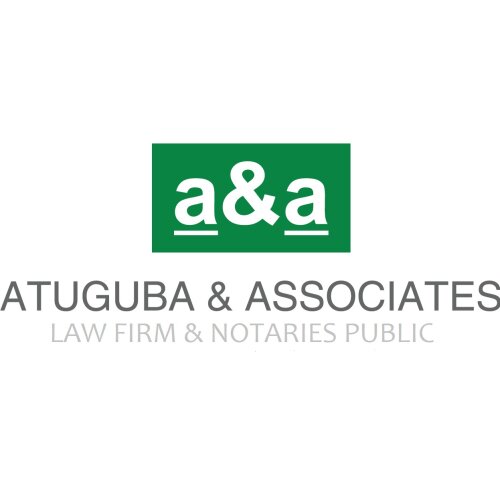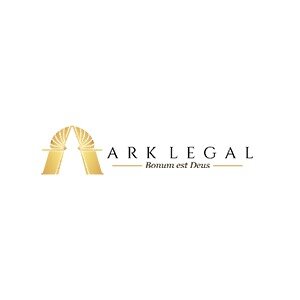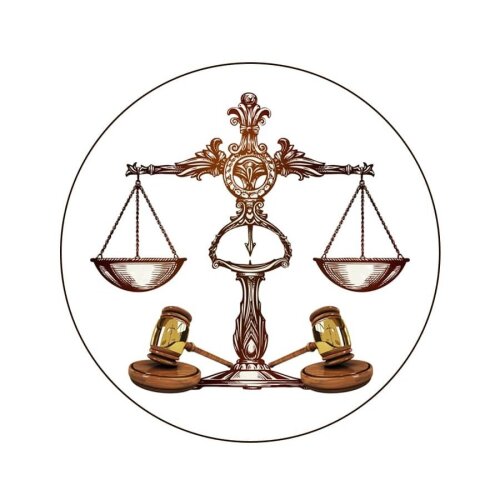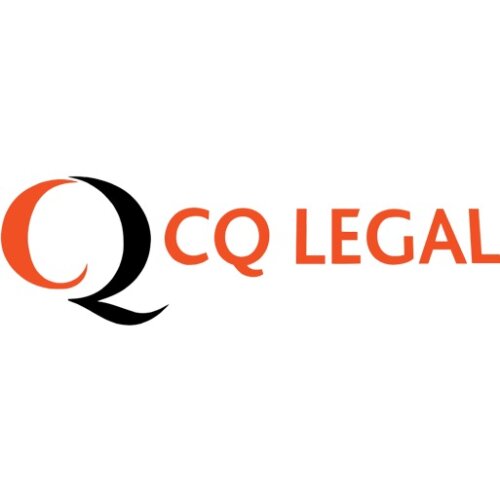Best New Business Formation Lawyers in Ghana
Share your needs with us, get contacted by law firms.
Free. Takes 2 min.
Or refine your search by selecting a city:
List of the best lawyers in Ghana
About New Business Formation Law in Ghana
New Business Formation in Ghana is regulated primarily by the Companies Act 2019, Act 992, which lays out the legal framework for incorporating and forming various types of businesses, including limited liability companies, partnerships, sole proprietorships, and others. This legislation outlines the requirements for registration, the rights and responsibilities of company members, and the regulatory obligations businesses must adhere to. Furthermore, the Registrar General's Department is the main body responsible for business registration in Ghana, ensuring compliance with statutory requirements.
Why You May Need a Lawyer
Seeking legal advice during New Business Formation in Ghana can prove invaluable for several reasons:
- Understanding Legal Structure: A lawyer can help determine the most suitable legal structure for your business, taking into account liability, taxation, and investment needs.
- Compliance and Documentation: Lawyers can aid in preparing and reviewing necessary documentation and filings required for business registration to ensure compliance with Ghanaian law.
- Negotiating Contracts: For entrepreneurs intending to enter into contracts with partners or suppliers, legal assistance can help in drafting and reviewing agreements.
- Intellectual Property Protection: Legal counsel can be crucial in registering trademarks, patents, or other intellectual property rights.
- Regulatory Compliance: Sectors like finance, telecommunications, and health require specific regulatory compliance, which legal advice can ensure before commencing operations.
Local Laws Overview
Several key legal aspects are crucial for New Business Formation in Ghana:
- Company Types: Act 992 allows for various business formations including private companies limited by shares, public companies limited by shares, unlimited companies, and companies limited by guarantee.
- Minimum Capital Requirement: Depending on the business sector, certain businesses require a minimum level of capital investment.
- Directors and Secretaries: Companies are required to have a certain number of directors and a company secretary who meet specific criteria.
- Annual Filings: All registered entities are required to file annual returns and financial statements to remain in good standing.
- Taxation: Businesses must register for appropriate tax obligations, including VAT and corporate income tax, with the Ghana Revenue Authority.
Frequently Asked Questions
1. What are the different types of business structures available in Ghana?
In Ghana, the primary business structures include sole proprietorships, partnerships, companies limited by shares, companies limited by guarantee, and joint ventures.
2. What is the process for registering a business in Ghana?
Businesses must register with the Registrar General's Department by submitting the necessary forms, including the company regulations, and paying the appropriate fees.
3. Are there any specific requirements for foreign nationals wanting to start a business in Ghana?
Yes, foreign nationals must meet specific investment requirements and obtain necessary permits and quotas from the Ghana Investment Promotion Centre (GIPC) and the Immigration Service.
4. How long does it take to register a business in Ghana?
The registration process can take from a few days to several weeks, depending on the complexity of the business structure and completeness of documentation.
5. Can I operate a business as a sole proprietorship?
Yes, one can operate as a sole proprietor, which involves less formal registration processes compared to forming a company.
6. What are the costs involved in business registration?
The costs vary depending on the business type and size, including registration fees, business operating permits, and taxes.
7. Do I need a business license to operate in Ghana?
Yes, most businesses require specific licenses and permits, depending on the industry and location of operation.
8. What is required for annual compliance for companies in Ghana?
Companies must file annual returns, pay taxes, and may need to file audited financial statements with the Registrar General's Department.
9. How can I protect my business brand or product in Ghana?
Businesses can protect their brand by registering trademarks and patents with the Registrar General's Department.
10. What is needed to open a business bank account in Ghana?
Requirements typically include a business registration certificate, tax identification number (TIN), and identification documents of the signatories.
Additional Resources
For further assistance in New Business Formation, consider the following resources:
- Registrar General's Department: Essential for all business registrations and inquiries.
- Ghana Investment Promotion Centre (GIPC): Offers guidance to foreign investors and ensures compliance with investment regulations.
- Ghana Revenue Authority (GRA): Provides information on tax obligations and registration procedures.
- Accra Regional Authority: Local authority can provide specific regional regulations and requirements.
Next Steps
If you require legal assistance in New Business Formation in Ghana, consider the following steps:
- Conduct an Initial Consultation: Contact a legal professional specializing in business law to discuss your specific needs and objectives.
- Prepare Your Documents: Gather all necessary documents required for registration and compliance, with guidance from your legal advisor.
- Engage with Relevant Authorities: Work alongside your lawyer to ensure liaison with all relevant authorities for permits and compliance.
- Stay Informed: Continuously update yourself on changes to business laws and regulations in Ghana with the help of your legal counsel.
Lawzana helps you find the best lawyers and law firms in Ghana through a curated and pre-screened list of qualified legal professionals. Our platform offers rankings and detailed profiles of attorneys and law firms, allowing you to compare based on practice areas, including New Business Formation, experience, and client feedback.
Each profile includes a description of the firm's areas of practice, client reviews, team members and partners, year of establishment, spoken languages, office locations, contact information, social media presence, and any published articles or resources. Most firms on our platform speak English and are experienced in both local and international legal matters.
Get a quote from top-rated law firms in Ghana — quickly, securely, and without unnecessary hassle.
Disclaimer:
The information provided on this page is for general informational purposes only and does not constitute legal advice. While we strive to ensure the accuracy and relevance of the content, legal information may change over time, and interpretations of the law can vary. You should always consult with a qualified legal professional for advice specific to your situation.
We disclaim all liability for actions taken or not taken based on the content of this page. If you believe any information is incorrect or outdated, please contact us, and we will review and update it where appropriate.
Browse new business formation law firms by city in Ghana
Refine your search by selecting a city.

















